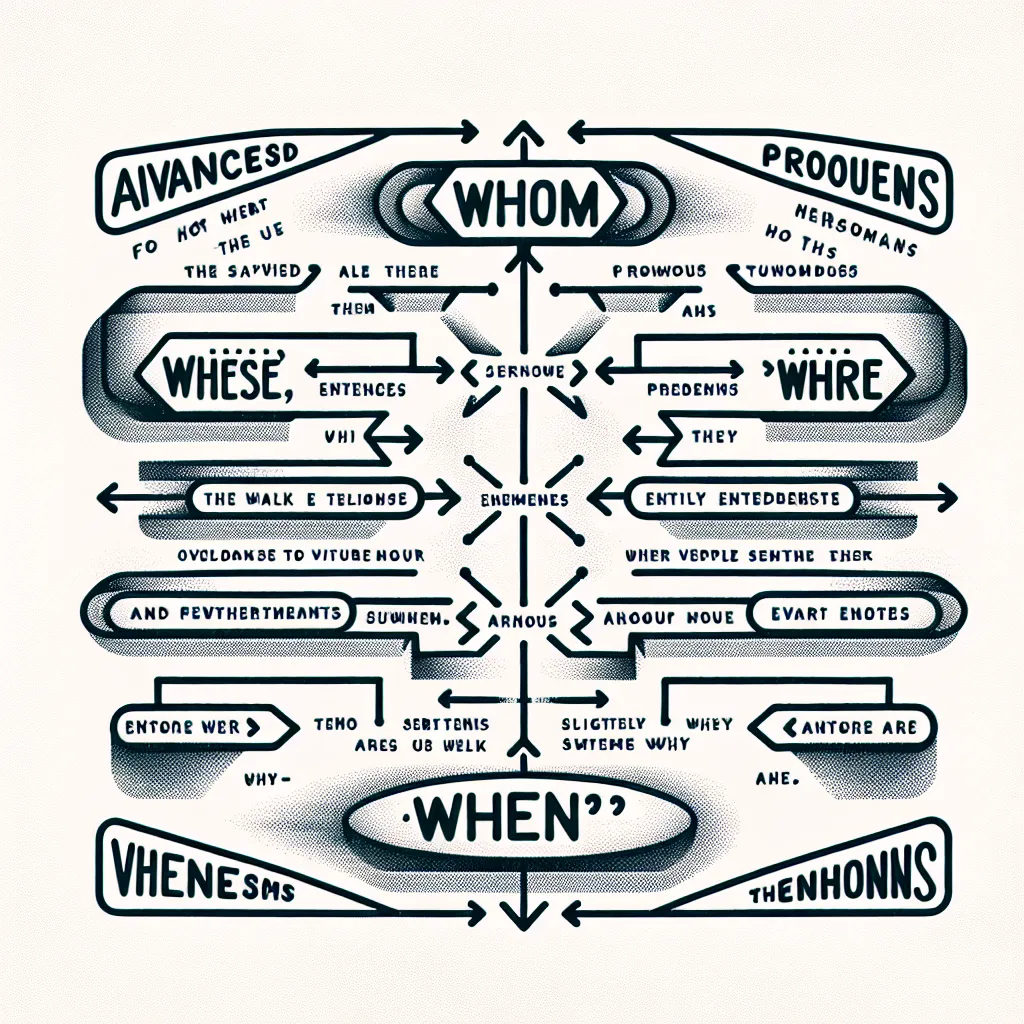In today’s globalized business environment, effective communication is paramount for executives. A solid grasp of advanced grammar can significantly enhance your ability to convey complex ideas, negotiate deals, and lead with confidence. This guide will explore the intricacies of Advanced Grammar For Executive Communication, providing you with the tools to elevate your language skills to new heights.
The Importance of Advanced Grammar in Executive Communication
For executives, language is more than just a means of conveying information; it’s a powerful tool for influence and leadership. Advanced grammar skills allow you to:
- Express complex ideas with clarity and precision
- Project confidence and authority
- Avoid misunderstandings in high-stakes situations
- Craft persuasive arguments and presentations
- Build credibility with international partners and clients
 Executive communicating with confidence
Executive communicating with confidence
Understanding the Nuances of Advanced Grammar
Advanced grammar goes beyond basic sentence structure and verb conjugations. It involves understanding subtle distinctions in meaning, mastering complex sentence structures, and using sophisticated language devices. Let’s delve into some key areas:
1. Perfecting Tense Usage
Executives often need to discuss past events, current situations, and future plans seamlessly. Mastering the perfect tenses can help you convey time relationships with precision:
- Present Perfect: “Our company has invested heavily in R&D over the past decade.”
- Past Perfect: “By the time we entered the market, our competitors had already established a strong presence.”
- Future Perfect: “By next quarter, we will have implemented the new strategy across all departments.”
For a deeper dive into perfecting your grammar for corporate communication, check out our comprehensive guide on perfecting grammar for corporate communication.
2. Mastering Conditional Statements
Conditional statements are crucial for discussing hypothetical situations and negotiating deals:
- Zero Conditional: “If we increase production, costs decrease.”
- First Conditional: “If the market responds positively, we’ll expand into new territories.”
- Second Conditional: “If we were to acquire our rival, we would dominate the market.”
- Third Conditional: “Had we invested in that startup, we would have seen significant returns by now.”
3. Utilizing Subordinate Clauses
Complex ideas often require complex sentence structures. Subordinate clauses allow you to pack more information into a single sentence without losing clarity:
“While our competitors are focusing on short-term gains, we are investing in sustainable technologies that, although costly now, will position us as industry leaders in the long run.”
Strategies for Improving Advanced Grammar Skills
-
Read Extensively: Expose yourself to well-written business publications, academic journals, and classic literature.
-
Practice Writing: Regularly write reports, memos, and articles to apply your grammar knowledge.
-
Seek Feedback: Have colleagues or professional editors review your written work.
-
Use Grammar Tools: Leverage advanced grammar checking software to catch subtle errors.
-
Study Style Guides: Familiarize yourself with style guides like The Chicago Manual of Style or The Elements of Style.
 Executive studying grammar
Executive studying grammar
Common Pitfalls to Avoid
Even experienced executives can fall into grammar traps. Here are some to watch out for:
-
Misplaced Modifiers: “As a global leader, our products are sold worldwide.” (Incorrect)
Correct: “As a global leader, we sell our products worldwide.” -
Faulty Parallelism: “The CEO likes to read, write, and talking to employees.” (Incorrect)
Correct: “The CEO likes to read, write, and talk to employees.” -
Dangling Participles: “Having considered all options, the decision was made to proceed.” (Incorrect)
Correct: “Having considered all options, we decided to proceed.” -
Subject-Verb Agreement in Complex Sentences: “The impact of these policies, along with the market trends, are yet to be seen.” (Incorrect)
Correct: “The impact of these policies, along with the market trends, is yet to be seen.”
Practical Application: Crafting Impactful Statements
Let’s examine how advanced grammar can transform ordinary statements into powerful executive communications:
Basic: “We will increase profits next year.”
Advanced: “By leveraging our innovative technologies and expanding into emerging markets, we project a substantial increase in profitability for the upcoming fiscal year, positioning us favorably against our competitors.”
Basic: “The new product launch was successful.”
Advanced: “Having meticulously planned and executed our market entry strategy, we’ve not only successfully launched our new product line but also exceeded our initial sales projections by 30%, setting a new industry benchmark for product introductions.”
Next Steps for Continuous Improvement
-
Set Specific Goals: Identify areas of grammar you want to improve and set measurable objectives.
-
Create a Study Schedule: Dedicate time each week to grammar exercises and reading.
-
Join Professional Writing Groups: Engage with peers who are also focused on improving their communication skills.
-
Attend Advanced Writing Workshops: Look for seminars or courses tailored to executive-level communication.
-
Practice Public Speaking: Apply your advanced grammar skills in presentations and speeches to reinforce learning.
Conclusion
Mastering advanced grammar for executive communication is an ongoing journey that requires dedication and practice. By focusing on sophisticated tense usage, mastering conditional statements, and crafting complex sentences with clarity, you can significantly enhance your ability to communicate at the highest levels of business. Remember, effective communication is not just about avoiding errors; it’s about using language as a strategic tool to lead, influence, and inspire.
We encourage you to start implementing these advanced grammar techniques in your daily communications. Share your experiences or ask questions in the comments below, and don’t forget to explore our other articles on executive communication skills to further refine your linguistic prowess.




